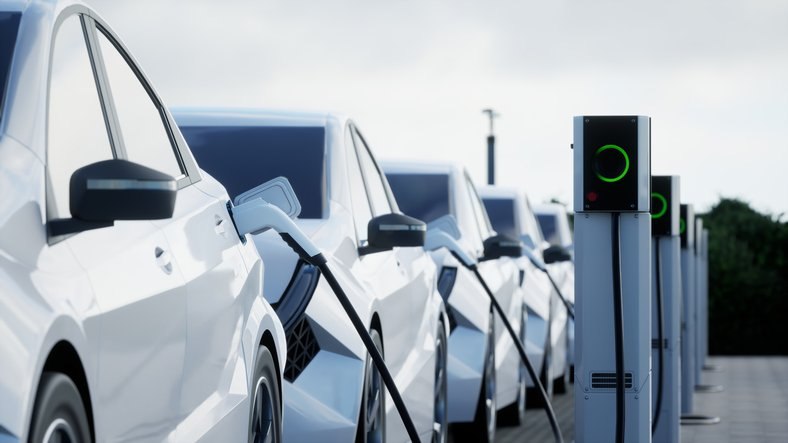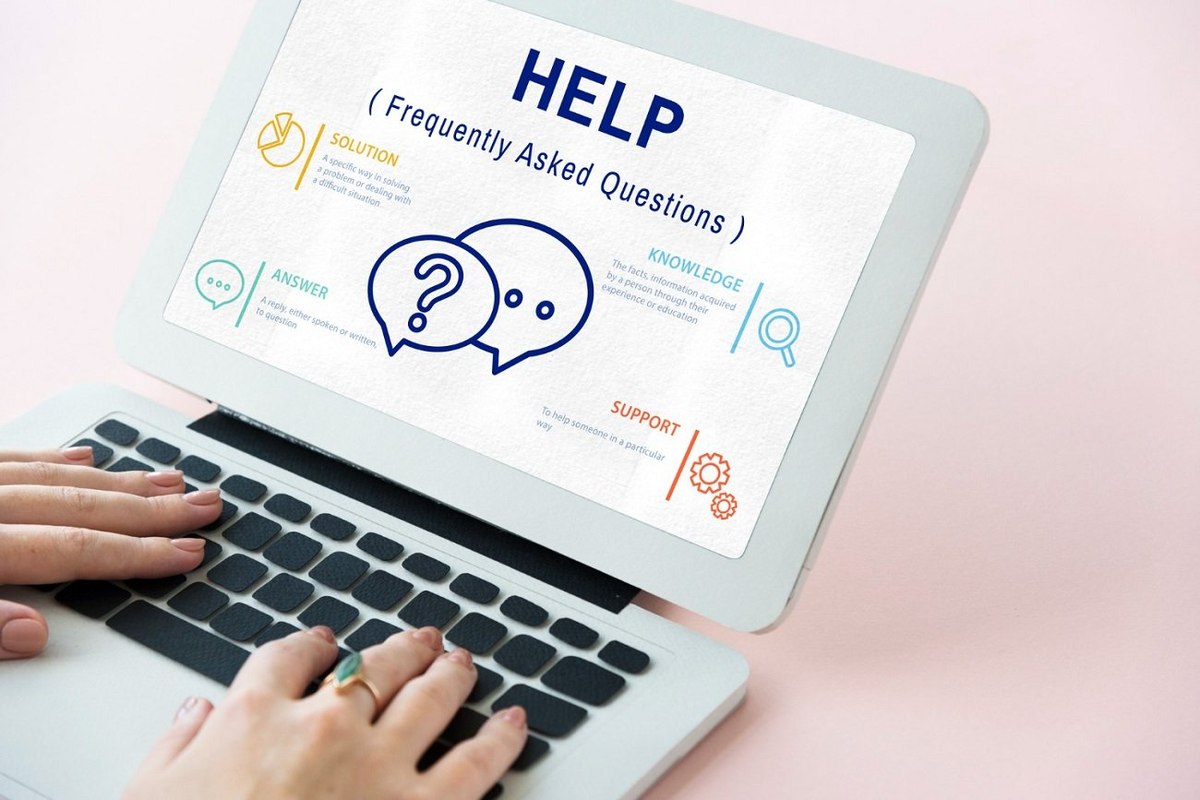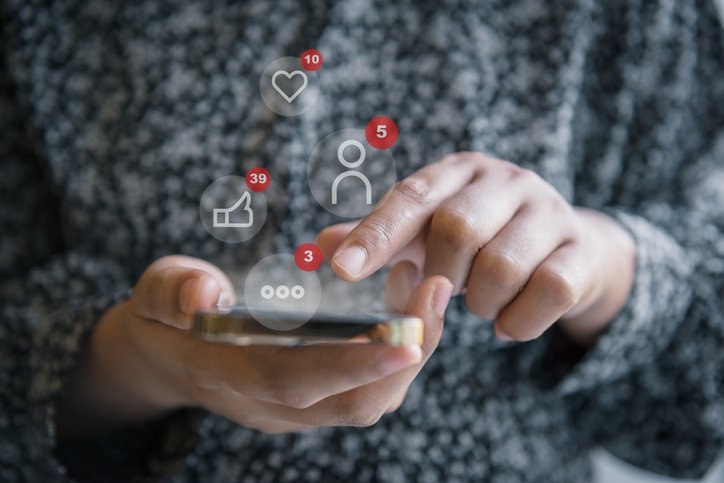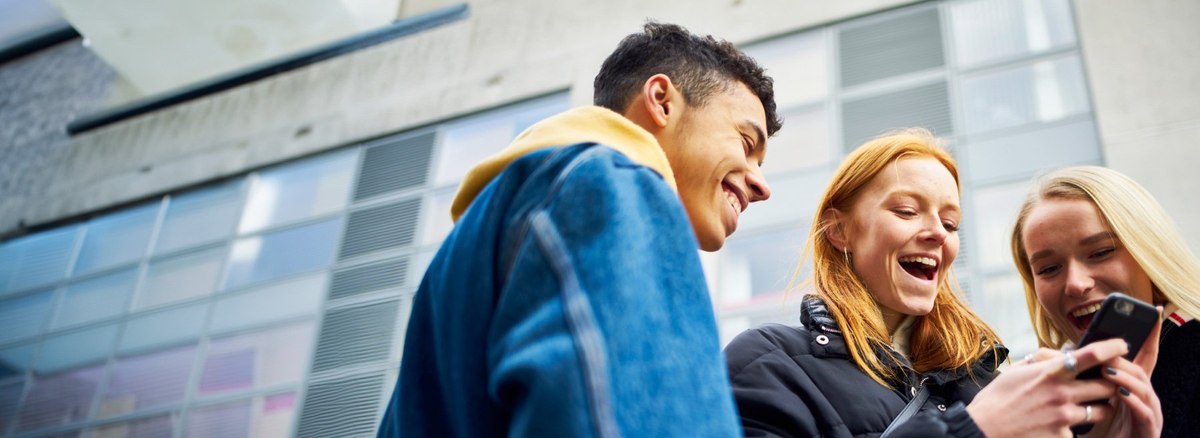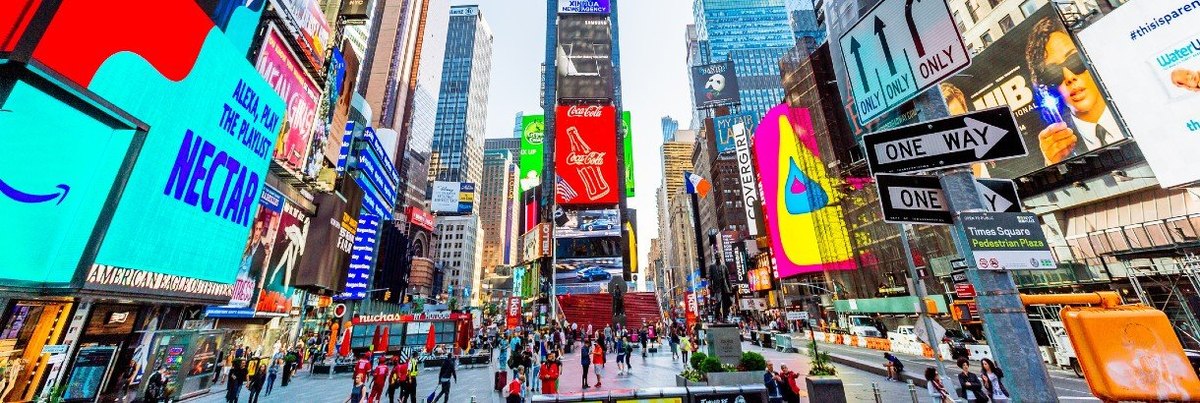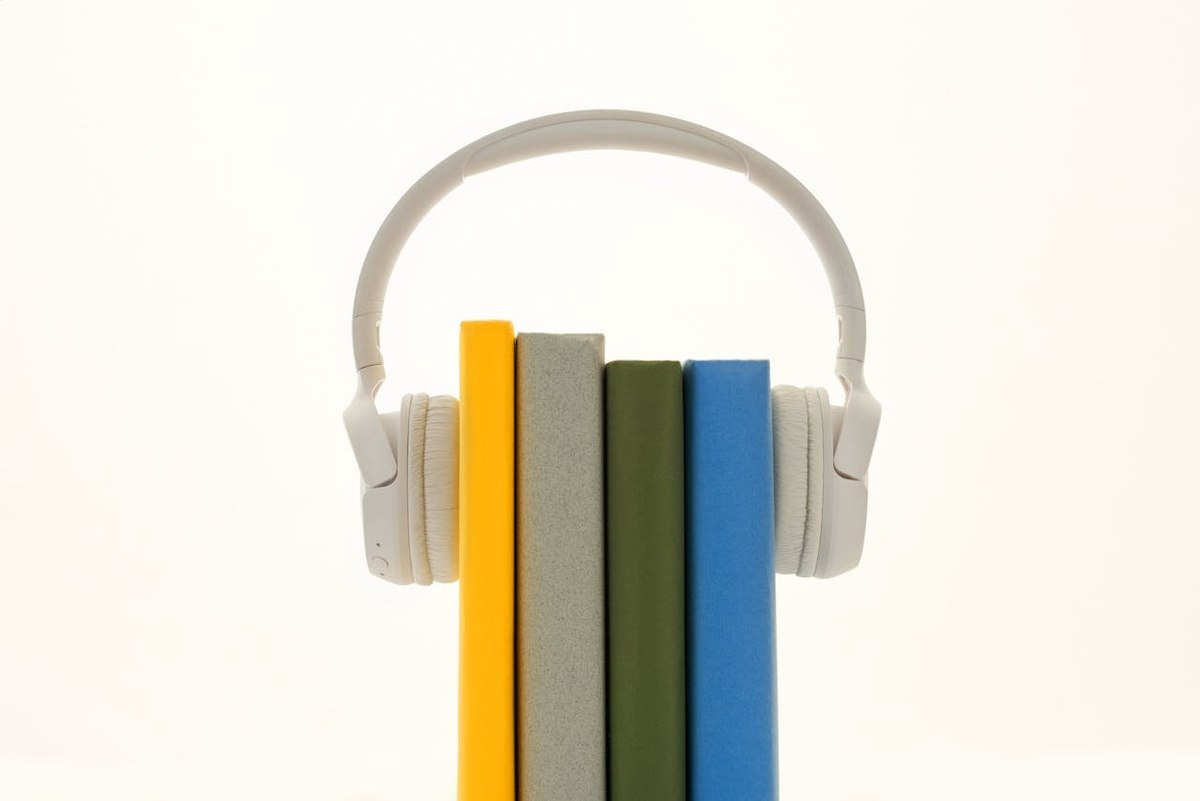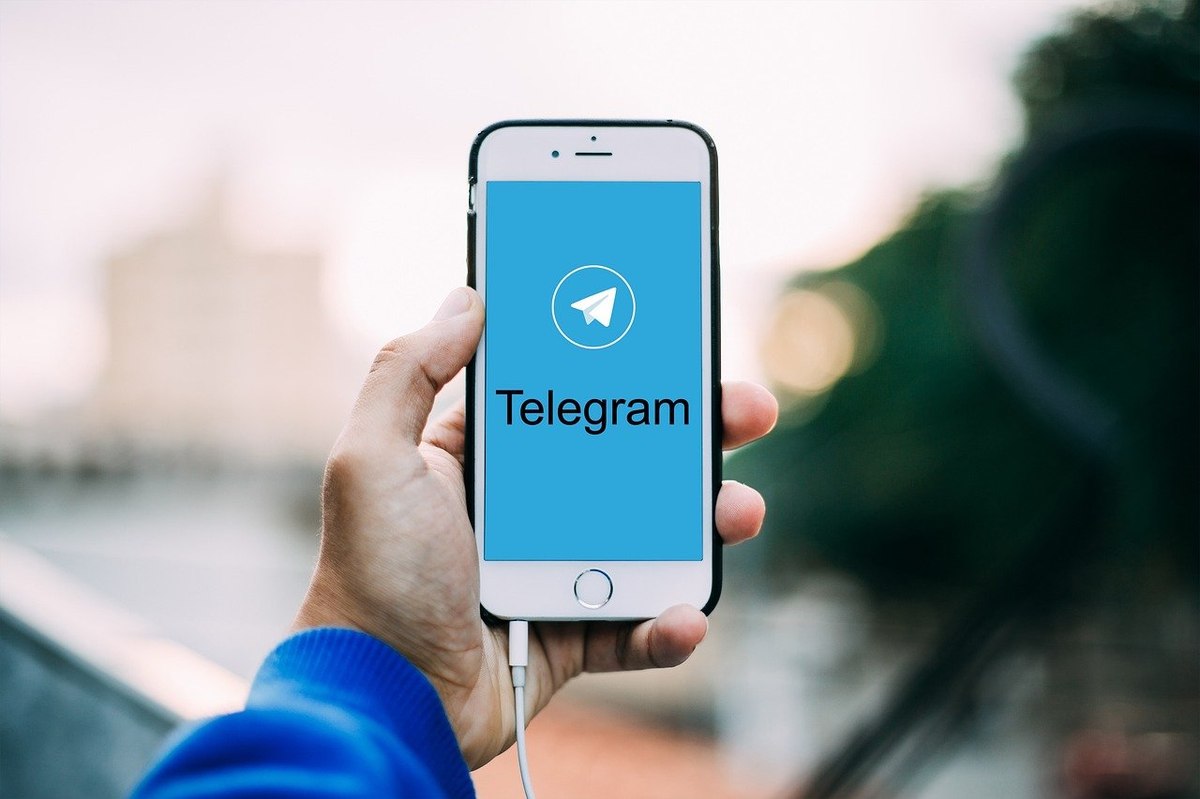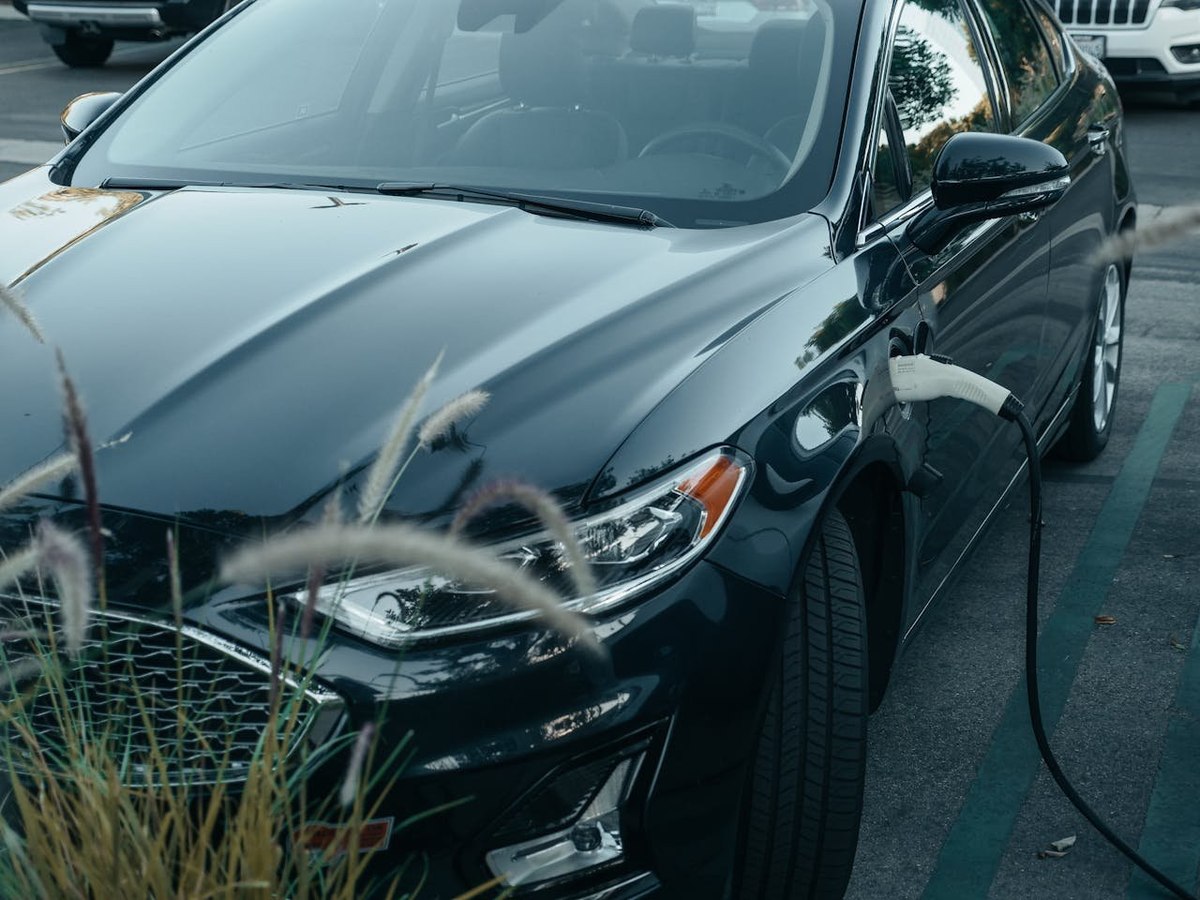
US: Pessimism, social media and the news
Will tech innovation bring a brighter tomorrow? Does the arc of the moral universe bend toward justice? “No,” says America. According to data drawn from YouGov Profiles, only 13% of American adults believe that the world is getting better compared to 68% who say it’s getting worse. Moreover, 2022 is the most pessimistic year since 2016, the first year for which YouGov has data.
Why do Americans have such a negative outlook? One common theory is that negative events and opinions are magnified by social media; that users spend their time online convincing one another that the sky is falling. Yet the data do not appear to support this view. YouGov does not have information that predates the rise of social media, but it does collect data on relative social media use. This means it can show whether heavy social media use correlates with pessimism.
In fact, the data shows the opposite. “Heavy” social media users, defined as users who access social media more than six times a day, have a significantly brighter outlook than those who use social media less. Among these users, 16% say that the world is getting better compared to 65% who say it’s worsening. While most heavy social media users still believe the world is getting worse, they’re the only group that is above the national average in optimism. Those who use social media three or fewer times per month are the most pessimistic with only 9% saying the world is getting better and 72% saying that it’s getting worse. Overall, it appears that the less you use social media, the more likely you are to have a negative outlook on the world’s future.
Perhaps this is because social media keeps people in touch with their social networks and keep track of positive news from friends and family. But what about other media? News media has often been faulted for its negative bias, trading in lurid coverage of crime and catastrophe. Yet here too, the effect is the opposite of what one might expect. Frequent readers of newspapers, both in print and online, are more likely to believe the world is getting better than those who read less.
Remarkably, this is even true when people focus specifically on negative news. “Doomscrolling” is the act by a consumer of absorbing an excessive amount of negative news. According to a survey taken on September 9, 2022, doomscrolling is positively correlated with optimism. Respondents who report doing it often are twice as likely (22%) to believe the world is getting better compared to those who never do it (11%).
There’s plenty of bad news in the world: plagues, wars, environmental collapse, yet consuming this kind of news does not seem to have a negative effect on people’s outlooks.
Explore our living data – for free
Discover more media content here
Want to run your own research? Start building a survey now
Make smarter business decisions with better intelligence. Understand exactly what your audience is thinking by leveraging our panel of 20 million+ members. Speak with us today.
Methodology: YouGov Profiles is based on continuously collected data and rolling surveys, rather than from a single limited questionnaire. Profiles data for the US is nationally representative of the online population and weighted by age, gender, education, region, and race. Learn more about Profiles.
